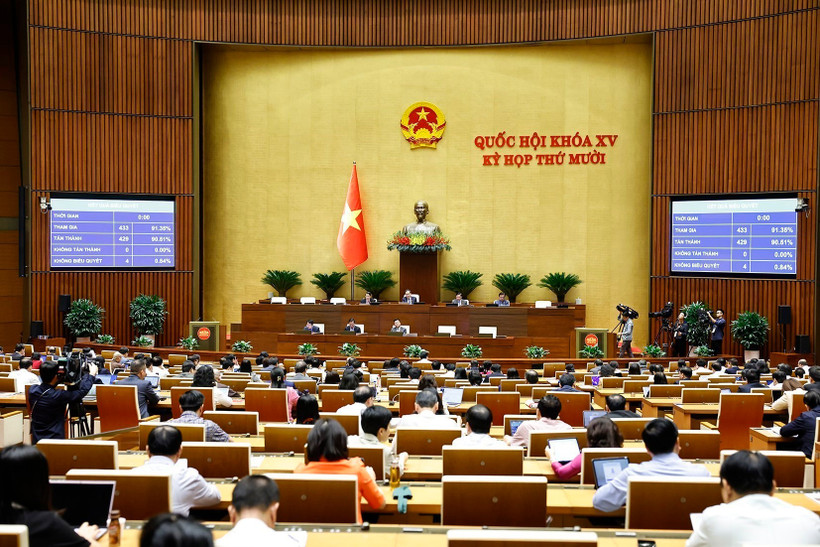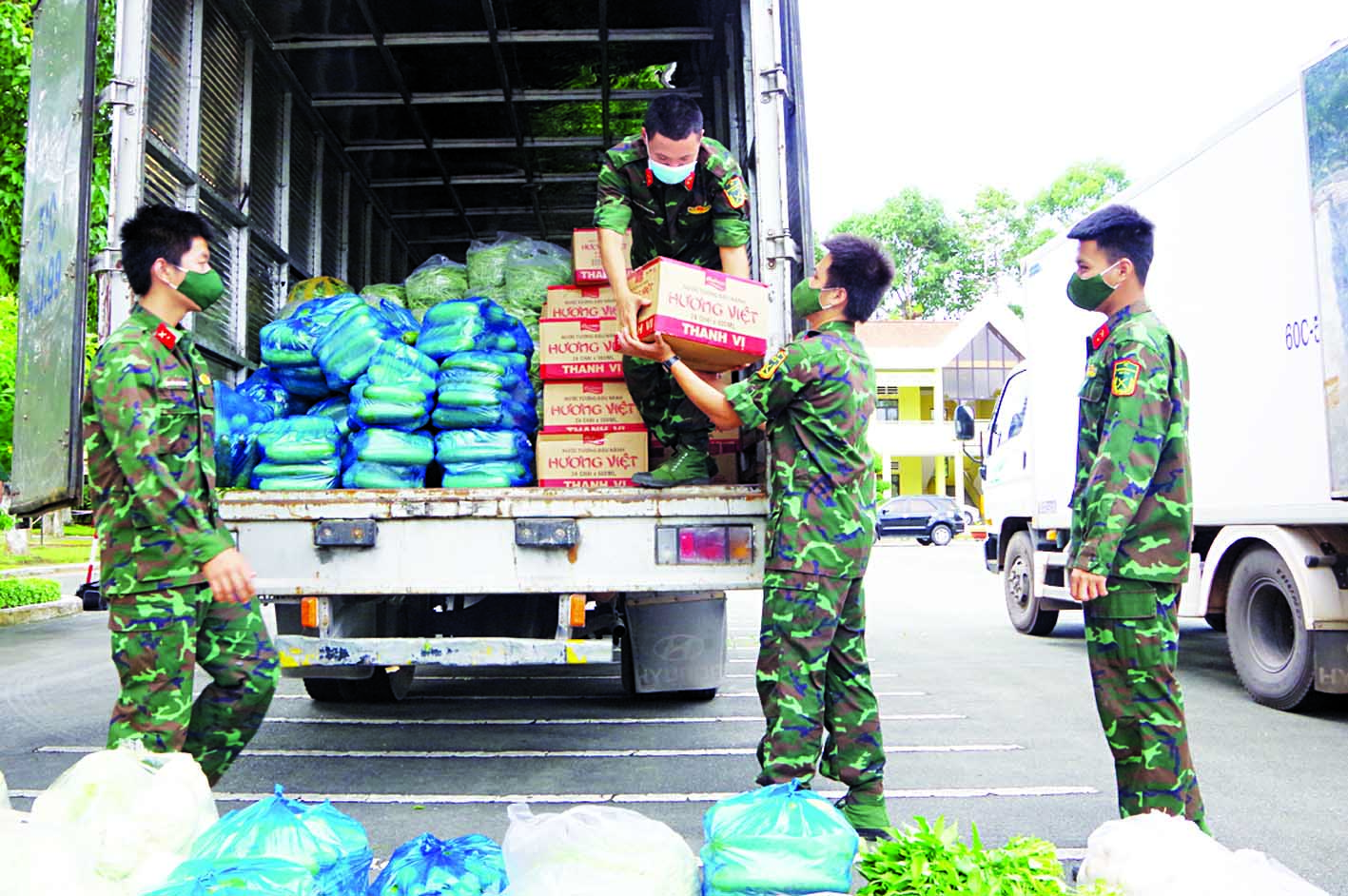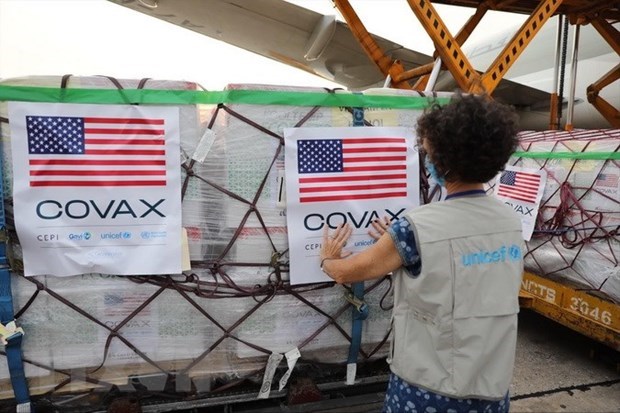The figure was released at a press conference held on August 24 to announce the latest edition of Taking Stock – the WB’s biannual update on Vietnam’s economic performance.
A corner of District 2 of Ho Chi Minh City (Photo: VNA)
The update highlights impacts on the economy associated with the most recent COVID-19 outbreak and the mobility measures adopted by the government to contain the pandemic.
“Whether Vietnam’s economy will rebound in the second half of 2021 will depend on the control of the current COVID-19 outbreak, the effective vaccine rollout, and the efficiency of the fiscal measures to support affected business and households, and to stimulate the recovery,” Rahul Kitchlu, World Bank Acting Country Director for Vietnam, said in the WB's press release on August 24.
“While downside risks have heightened, economic fundamentals remain solid in Vietnam, and the economy could converge toward the pre-pandemic GDP growth rate of 6.5 to 7 percent from 2022 onward,” Kitchlu added.
The report suggests that the authorities should address the social consequences of the COVID-19 crisis by improving the depth and effectiveness of social protection programmes. They should also watch out for rising risks in the financial sector, while greater attention should be given to fiscal policy since policymakers will need to find the right balance between the need to support the recovery of the economy and the necessity to maintain a sustainable level of public debt.
In addition to analysing the recent trends of the economy, this edition, titled “Digital Vietnam - The Path to Tomorrow”, focuses on what Vietnam needs to do to realize its ambition of becoming one of the most advanced digital economies in the world. The COVID-19 crisis has accelerated the digital transformation of the local economy as an increasing number of businesses in Vietnam are now offering their services online. The government has also enhanced the digitalisation of its procedures and databases./.
“Whether Vietnam’s economy will rebound in the second half of 2021 will depend on the control of the current COVID-19 outbreak, the effective vaccine rollout, and the efficiency of the fiscal measures to support affected business and households, and to stimulate the recovery,” Rahul Kitchlu, World Bank Acting Country Director for Vietnam, said in the WB's press release on August 24.
“While downside risks have heightened, economic fundamentals remain solid in Vietnam, and the economy could converge toward the pre-pandemic GDP growth rate of 6.5 to 7 percent from 2022 onward,” Kitchlu added.
The report suggests that the authorities should address the social consequences of the COVID-19 crisis by improving the depth and effectiveness of social protection programmes. They should also watch out for rising risks in the financial sector, while greater attention should be given to fiscal policy since policymakers will need to find the right balance between the need to support the recovery of the economy and the necessity to maintain a sustainable level of public debt.
In addition to analysing the recent trends of the economy, this edition, titled “Digital Vietnam - The Path to Tomorrow”, focuses on what Vietnam needs to do to realize its ambition of becoming one of the most advanced digital economies in the world. The COVID-19 crisis has accelerated the digital transformation of the local economy as an increasing number of businesses in Vietnam are now offering their services online. The government has also enhanced the digitalisation of its procedures and databases./.
Q.Hoa t.h / TTXVN












